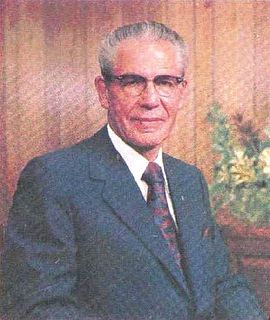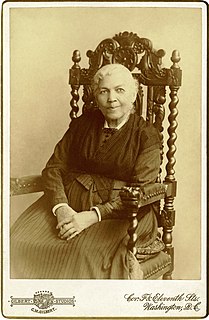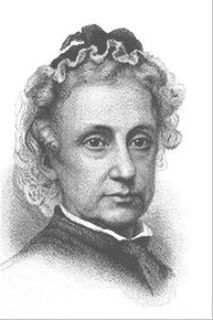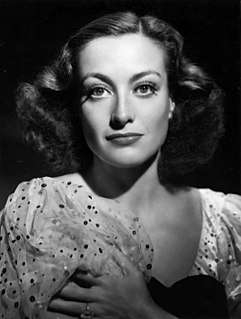A Quote by Letty Cottin Pogrebin
The risk for a woman who considers her helpless children her "job" is that the children's growth toward self-sufficiency may be experienced as a refutation of the mother's indispensability, and she may unconsciously sabotage their growth as a result.
Related Quotes
To Amma, all are Her children. In Amma's eyes no defect of Her children is serious. But when She is considered as the guru, it is essential for the growth of the disciples that they conduct themselves according to the tradition. Amma will pardon all the mistakes of Her children, but nature has certain laws. That is what brings punishment for our sins. Children, we should be able to take any sorrow or suffering as conducive for our growth.
The woman who fights against her father still has the possibility of leading an instinctive, feminine existence, because she rejects only what is alien to her. But when she fights against the mother she may, at the risk of injury to her instincts, attain to greater consciousness, because in repudiating the mother she repudiates all that is obscure, instinctive, ambiguous, and unconscious in her own nature.
A mother experiences more than one death, even though she herself will only die once. She fears for her husband; she fears for her children; again she fears for the women and children who belong to her children. ... For each of these-whether for loss of possessions, bodily illness, or undesired misfortune-she mourns and grieves no less than those who suffer.
True the Black woman did the housework, the drudgery; true, she reared the children, often alone, but she did all of that while occupying a place on the job market, a place her mate could not get or which his pride would not let him accept.And she had nothing to fall back on: not maleness, not whiteness, not ladyhood, not anything. And out of the profound desolation of her reality she may very well have invented herself.
Sometimes we adopt certain beliefs when we're children and use them automatically when we become adults, without ever checking them out against reality. This brings to mind the story of the woman who always cut off the end of the turkey when she put it in the oven. Her daughter asked her why, and her mother responded, "I don't know. My mother always did it." Then she went and asked her mother, who said, "I don't know. My mother always did it." The she went and asked her grandmother, who said, "The oven wasn't big enough."
The concept of 'Momism' is male nonsense. It is the refuge of a man seeking excuses for his own lack of virility. I have listened to many women in various countries, and I have never found a woman who willingly 'mothers' her husband. The very idea is repulsive to her. She wants to mother the children while they are young, but never their fathers. True, she may be forced into the role of mother by a man's weaknesses and childishness, and then she accepts the role with dignity and patience, or with anger and impatience, but always with a secret, profound sadness unexpressed and inexpressible.
One of my aunties inspires me beause of how easily she shows her emotions, and she isn't ever afraid to cry. My mum, for her work ethic - she might not show her emotions in public very much, but she's a total power woman. My grandma, who watched four of her children die before her, she's a powerhouse.


































